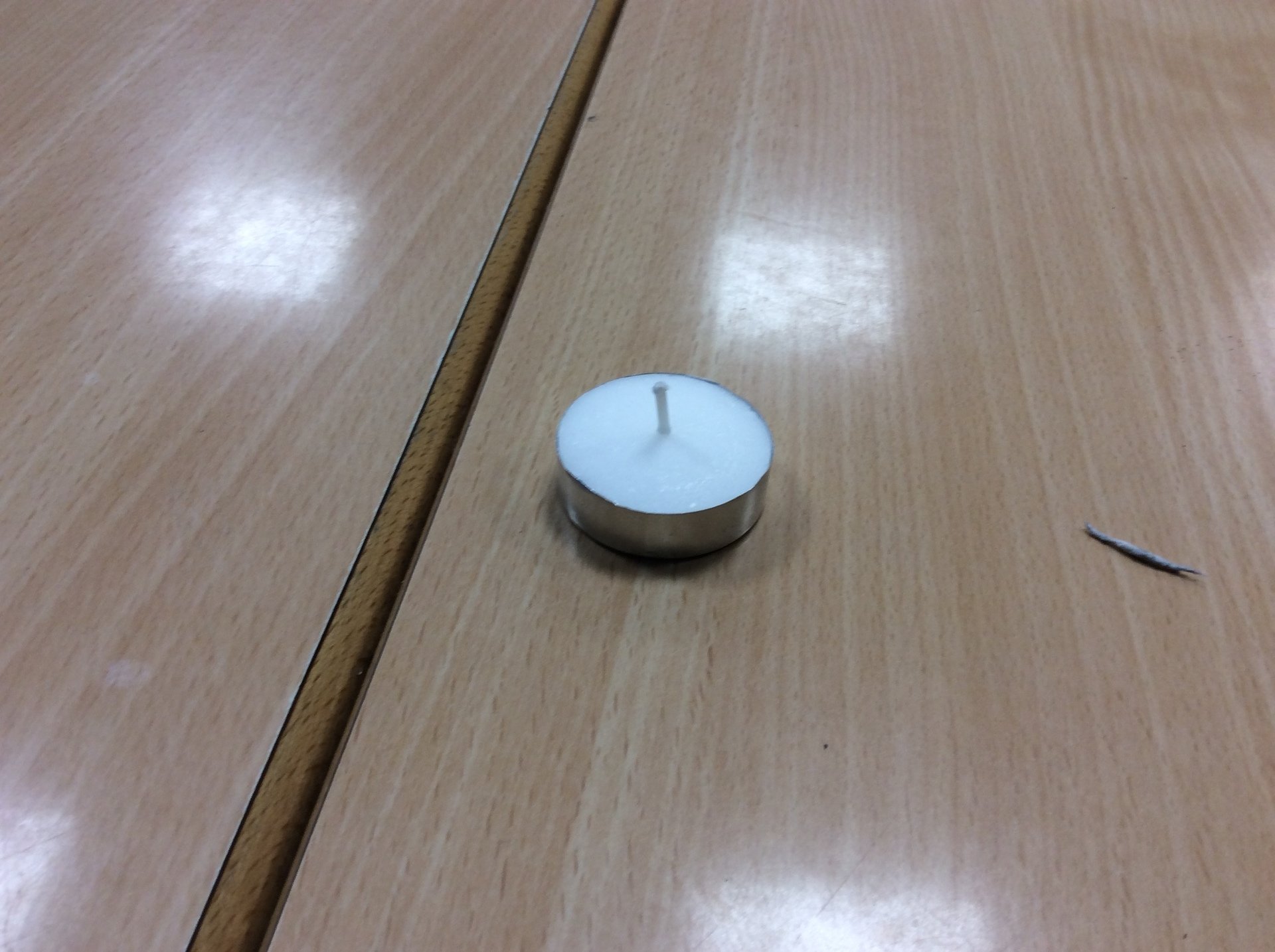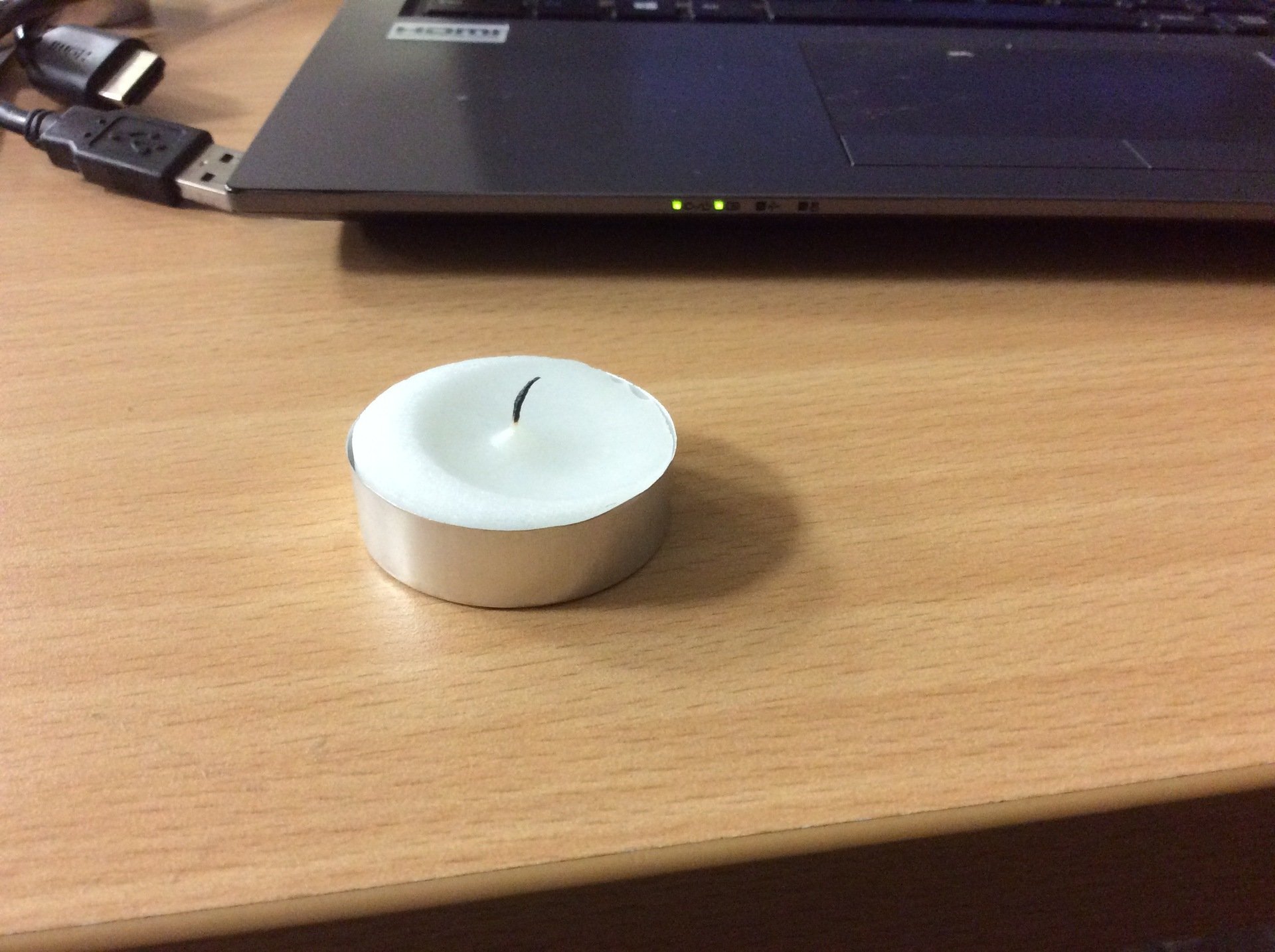SCIENCEThe most beautiful experience we can have is the mysterious. It is the fundamental emotion which stands at the cradle of true art and true science. (Albert Einstein) |
|
At Saint Anne's Catholic Primary School, it is our intention to provide a high quality science education that provides children with the foundations they need to recognise the importance of Science in every aspect of daily life. Our curriculum will enable children to become enquiry based learners collaborating through exploration, observation, critical thinking and working scientifically.
Through allowing equal scientific opportunities for all, children will develop a passion for exploring, unpicking and unlocking the world of science. They will be encouraged to understand how science can be used to explain what is occurring, predict how things will behave, and analyses causes. It will provide opportunities for the critical evaluation of evidence and rational explanation of scientific phenomena as well as opportunity to apply their mathematical knowledge to their understanding of science, including collecting, presenting and analysing data. Children will be immersed in key scientific vocabulary, which supports in the acquisition of scientific knowledge and understanding. We want all children at Saint Anne’s to develop
Rationale At Saint Anne’s, we value Science as a core subject and therefore dedicate a substantial amount of time to it in the curriculum. Science is taught as a discrete subject however meaningful links are made wherever possible. We expose our children to the specific disciplines of physics, chemistry and biology. They will learn about how the physical and natural world works and what its components are. Science education is essential to provide children with a broad understanding of the world and their place in it therefore pupils have a right to enjoy and be scientifically literate. Our curriculum enables pupils to recognise the connectedness of science and how each new topic connects to everyday life and familiar contexts. Each unit provides a strong foundation of scientific knowledge and skills that can empower and equip pupils to participate, challenge and reshape the world around them. |
The wisdom of the Lord is infinite as are also His glory and His power. Ye heavens, sing His praises; sun, moon, and planets, glorify Him in your ineffable language! Praise Him, celestial harmonies, and all ye who can comprehend them! And thou, my soul, praise thy Creator! It is by Him and in Him that all exist.
Johannes Kepler
|
Working Scientifically Through each science unit, pupils develop their disciplinary knowledge as they learn how to work scientifically. Working scientifically is embedded through all units. Pupils learn how scientific enquiry is used to grow and develop knowledge in science. They learn how scientists use a variety of enquiry strategies to answer scientific questions. Different questions lead to different types of enquiry and are not limited to fair testing. Pupils learn to use these enquiry strategies confidently and know that different strategies may be needed at different times. Through different units of science, pupils learn the following:
|
You can hear other people’s wisdom,
but you’ve got to re-evaluate
the world for yourself.
(Mae Jemison)
|
|
Equality of Provision and Inclusion At Saint Anne’s, we aim to create an inclusive environment where every child feels safe, equal and welcome. As a school, we make sure that every step is taken to ensure that all children are given the equal opportunities to achieve their full potential in high quality science lessons regardless their background, culture, needs, ethnicity, gender, ability or any other personal characteristics. A variety of teaching strategies are used to ensure that teaching meets the needs of different groups of pupils. These include differentiation by outcome, questioning, feedback and resources. SMSC and Rights Respecting in Science Spiritual Science supports spiritual development by providing many opportunities for children to think and spend time reflecting on the amazing wonders which occur in our natural world. Moral Science supports moral development by showing children that different opinions need to be respected and valued. There are many moral and ethical issues that we cover in science including discussions about environmental and human issues. Social Science supports social development by exposing children to the power of collaborative working in the science community which has led to some amazing and life changing breakthroughs in medicine. When undertaking experiments and research children work collaboratively. Cultural Science supports cultural development by looking at how scientists from a range of cultures have had a significant impact globally. It also helps children to understand how important science is to the economy and culture of the UK. Rights Respecting in Science: Article 28 - Every child has the right to an education. Article 29- Education must develop every child’s personality, talents and abilities to the full. It must encourage the child’s respect for human rights, as well as respect for their parents, their own and other cultures, and the environment. Reading in Science At Saint Anne’s, we put reading at the heart of our curriculum. Children have a number of valuable opportunities in science lessons to develop essential reading skills. These skills include:
Our Vision and Principles in Science poster can be found here. This poster is clearly displayed in each classroom informing both children and staff. |
Year 4 Science Experiment
During our 'States of Matter' unit, Year Four were looking at how a material can be different states. To find out more about the change in states, the children participated in an investigation where they observed the change in a candle. We began our investigation with an unlit tea light candle, Miss Price then lit each of our candles and we observed the candle over 10 minutes. During this time, we saw the wick of the candle begin to melt through the top, inner layer of our tea light. We spoke about how our candle began as a solid but is now melting into a liquid. After the 10 minutes of observing, we watched how the wax on our candles began to solidify again - we knew this happened as the heat had been removed from the candle.
|
Before |
During |
After |
How can you support your children in science?
Some links below with ideas of games and ideas to help you support your child. The most important thing is to get them thinking scientifically – asking questions and being curious about the world. Talk to them about science in your homes and in the media. If you need any further support please let me know.
Useful Science Websites
 |
Natural science does not consist in ratifying what others have said, but in seeking the causes of phenomena. |



























